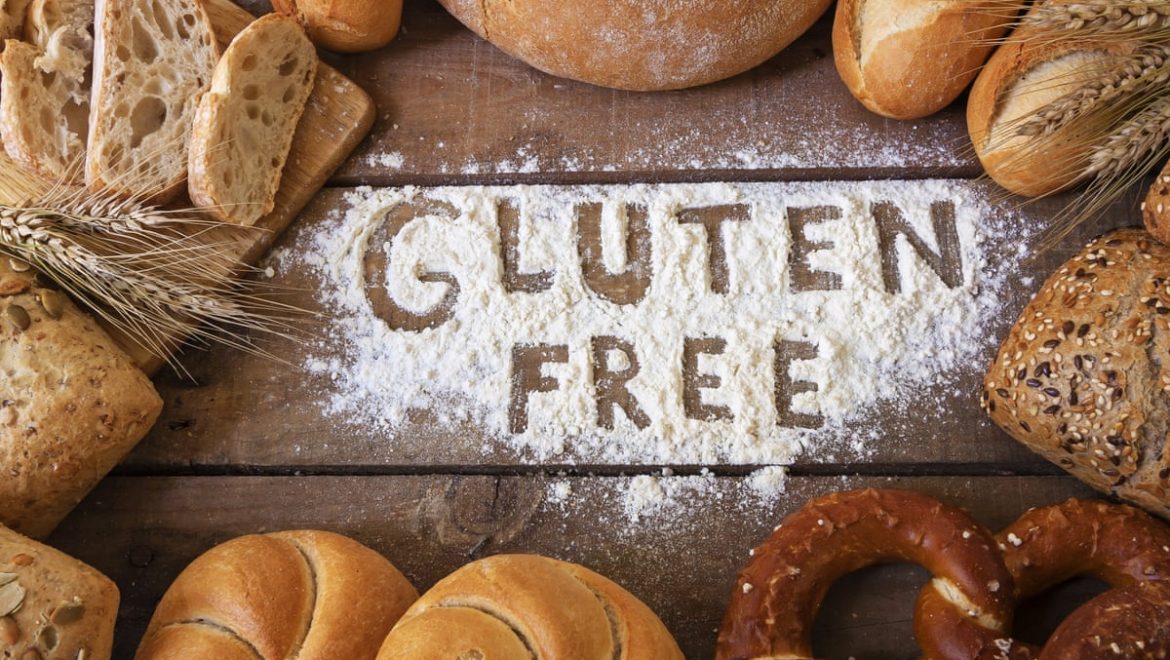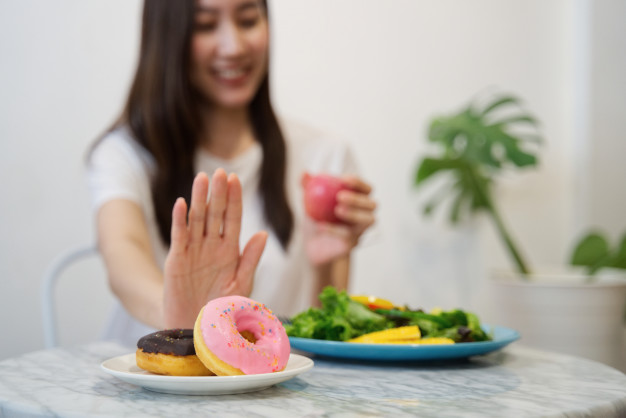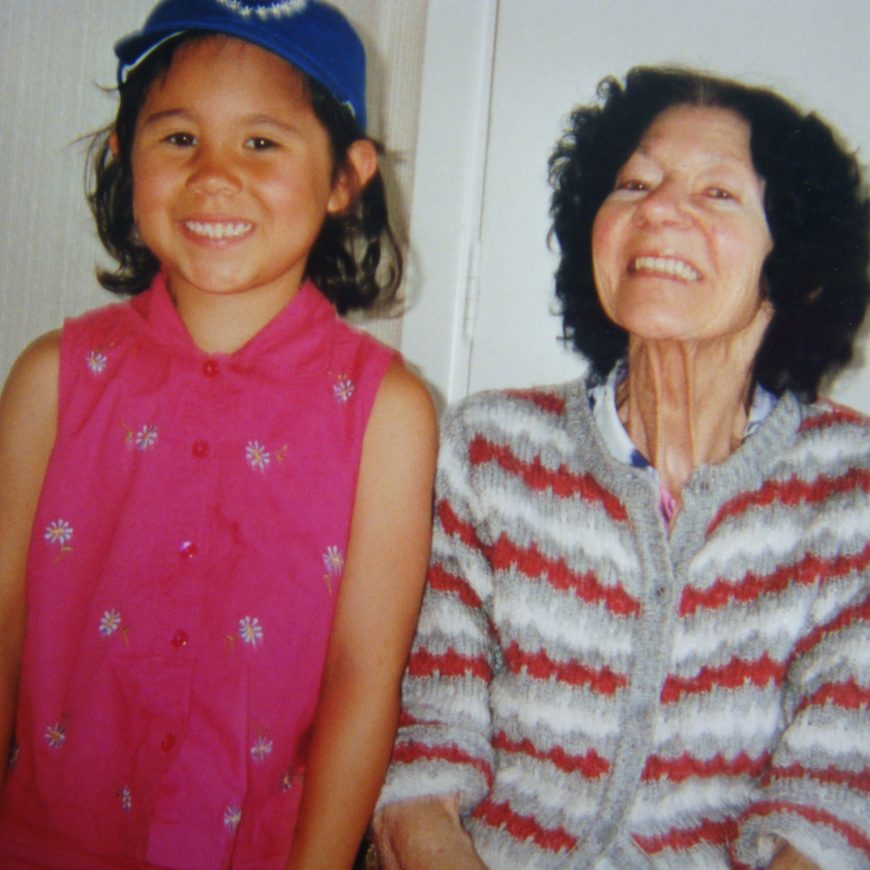This blog is part of the All About Fad Diets blog series. They’re not really fads, but more like lifestyles.
Here’s a bit of family history for the Irish descendants.
Gluten-free is not a fad. It’s here for good.
We are overeating wheat. Every meal is wheat in a mutated form. Cereal for breakfast, bread for lunch, and pasta for dinner.
Gluten is a protein found in wheat, rye, barley and oats.
Grains that do not contain gluten are rice, corn, quinoa, amaranth, millet, buckwheat, sorghum, and teff.
Common foods containing gluten are bread, wraps, pasta, cereal, pastry, couscous, crackers, cakes, biscuits, breadcrumbs, batter, and croutons.
Not-so-common foods are soy sauce, liquorice, sausages, beer, gravy, French fries (cross-contamination from oil in the deep fryer), soup (containing barley), marinades, meat substitutes, play-dough, and some lipstick/lip gloss/lip balm!
There are two types of gluten intolerance, Coeliac disease and non-Coeliac gluten sensitivity. Collectively referred to as gluten intolerance to make it easier.
A decade ago, gluten intolerance occurred in 1 in 2,500 people. Now it is about 1 in 100 and rising! The scary thing is most people don’t eve know they have it.
Symptoms:
- Bloating
- Abdominal pain
- Diarrhoea
- Constipation
- Tiredness
- Headaches
- Brain fog
- Unexplained weight loss
- Anaemia
- Nutrient deficiencies
- Hay fever
- Mouth ulcers
- Infertility
- Joint and muscle pain
- Autoimmune conditions
Check out my Happy Tummy Tonic.
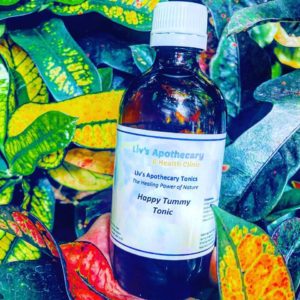
Infertility is an interesting one but it makes sense that the will put up barriers if it’s not healthy.
Simply removing gluten is not enough to recover the gut when diagnosed with Coeliac disease. For some time you should follow a gut healing diet. This is because Coeliac is an autoimmune condition. All autoimmune conditions are associated with leaky gut. But your GP might only suggest that you go gluten-free and she’ll be right. It’s not that simple. The damage has been done and your gut needs recovery. Seek advice from a Naturopath like Liv.
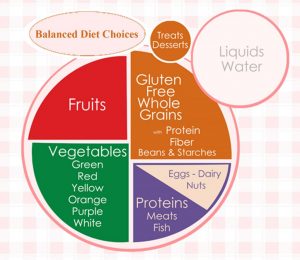
Pros
What’s With Wheat?
Wheat is so harsh on the body, it is far from the ancient version our ancestors survived (and probably thrived) on. It has been hybridised until it’s unrecognisable from its original form.
Only 50 years ago wheat was still wheat. In the 1970’s wheat was subjected to hybridisation experiments with the intention of solving the world’s huger problems. Allergies and intolerances can probably be traced back to exponentially rising then. Modern genetically altered wheat contains significantly more gluten than the original wheat. Plus it yields 10 times more than the emmer wheat from the Fertile Crescent in The Middle East beginning in 8500BC, the original wheat and the way it was intended to be.
The ancient types of wheat were einkorn, spelt, emmer, and dinkel. Spelt and dinkel grain/breads can sometimes be tolerated by people who are gluten intolerant without experiencing any issues. Farro and freekeh are easier to digest than wheat. Even if you don’t have gluten intolerance (that you know of), it will still benefit your health to reduce wheat and switch to these ancient versions for more variety and less gluten in your diet.
Now Let’s Get Back To The History Lesson
Irish descendants have the highest incidence of Coeliac disease. It is also prevalent in other European countries as Irish people migrated. Coeliac disease is a condition of Caucasians, it is rare in Asians and African-Americans (they have lactose intolerance instead).
When the Irish were forced to make the switch from potatoes to wheat during the Potato Famine in 1845-1849, it resulted in the inability to thrive in many people, especially children. They looked similar to the starving African children we see on TV these days. A large, protruding belly (protein deficiency), stick skinny limbs, and muscles wasted away.
I Don’t Have Gut Problems, But I Do Have Hay Fever
There is a strong link between hay fever and gluten intolerance. If you suffer from seasonal hay fever, a gluten-free can eradicate your symptoms within days.
Wheat, rye, barley and oats are members of the grass family. Pollens from grasses (also weeds and trees) are common culprits of hay fever symptoms. A gluten-free diet is the more natural option than taking anti-histamines.
Decreases the Likelihood of Leaky Gut
Gluten is a major contributor of leaky gut. Reducing your exposure to gluten, reduces your chance of developing any of the health conditions associated with leaky gut e.g. autism, dyslexia, dyspraxia, attention deficit hyperactivity disorder (ADHD), attention deficit disorder (ADD), depression, Tourette syndrome, schizophrenia, an eating disorder, and any autoimmune condition. Do you know anyone with one of these conditions? Believe it or not, they have some degree of leaky gut!
Most Junk Food Contains Gluten
If you’re at a party you’re not going to be able to eat the party food. Some ‘gluten-free’ foods are junk, but a gluten-free diet reduces the amount of junk food the average person eats (because you won’t be able to eat the cakes at shared morning tea).
Encourages Awareness
If you eat gluten-free you have to check everything that comes in a packet (if your food comes in a packet).
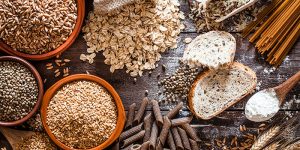
Cons
Gluten-Free Cake Is Still Cake
Limit eating anything that states ‘gluten-free’ because that means it comes in a packet. Focus on foods which are naturally free of gluten.
The gluten-free alternative products e.g. bread, cakes, muffins and biscuits, have a higher glycaemic index and are lower in fibre than the gluten-containing version. Wheat flour is replaced with rice flour, potato flour, tapioca starch, maize flour, corn flour, guar gum etc. These are still all white flours so treat them as you would white flour. Choose the wholegrain/brown option where possible.
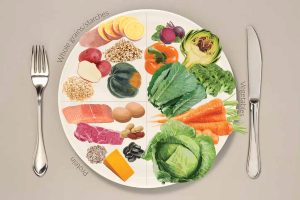
Liv’s Recommendations
But I Eat Sourdough Bread
Sourdough bread does contain gluten, unless it’s gluten-free sourdough which does exist but isn’t as common.
Although (or should I say all dough!), sourdough does go through a fermentation process, therefore, it is technically a fermented food. Unfortunately, this does not mitigate the effects of gluten if you are sensitive.
Can I Eat Oats?
‘Wheat-free oats’ are available in NZ but these are not 100% gluten-free. For a food to be labelled ‘gluten-free’ in NZ and Australia, it must not contain more than 0.0005 parts per million (ppm). Comparatively, other countries accept up to 20ppm to be called ‘gluten-free’. They are the same oats in disguise! These oats may be tolerable for people who have non-Coeliac gluten sensitivity, but not Coeliac disease. It pays to read your labels (if your food comes in a packet with a label).
Don’t Eat Gluten, But Don’t Eat ‘Gluten-Free’
Can you see the difference? Eat food that natural doesn’t contain gluten, but don’t eat food labelled ‘gluten-free’ because that means it comes in a packet. Nature is always right.
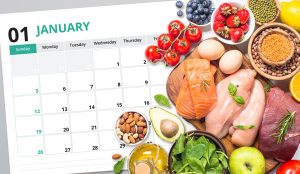
To Wrap It Up
With a keto, Paleo, primal, Mediterranean, vegan, vegetarian, gluten-free, dairy-free wrap of course (or not if you’re intermittent fasting!).
The purpose of this series of blogs isn’t to choose a diet to follow. It’s to inform you of the pros, cons and my recommendations, if you do choose to (or already) follow one of these diet trends.
I personally pick and choose what I like, and more importantly what suits my body, from each diet to create my own personalised diet. My motto is “Realigning Nutrition with Intuition”. Try N=1 Self Experimentation.
Intuition is now totally disassociated from Nutrition. We don’t eat what or when we feel like eating. We eat what and when we are told we should be eating. Realigning Nutrition with Intuition means being in-tune with your body and rediscovering what diet/lifestyle is most suited to you. As I trained as a Naturopath and Holistic Nutritionist, I am not about strict plans. That is for you to decide for yourself.
There is no one-size-fits-all baseball cap when it comes to diets.
Your Nutrition Mentor,


